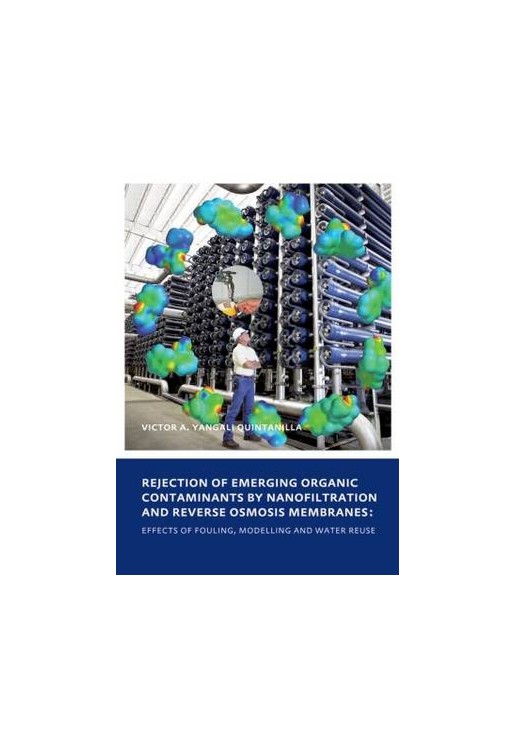The demand for drinking water can lead many cities to implement indirect water reuse programs, where wastewater effluent becomes part of the drinking water sources. This title demonstrates nanofiltration (NF) and reverse osmosis (RO) to be appropriate technologies for removing a large number of micropollutants from the water.
1. Introduction; 2. Theoretical Background; 3. Removal of PhACs and DECs by Membranes; 4. Effects of NOM and Surrogate Foulants on the Removal of Emerging Organic Contaminants; 5. QSAR approach for Modelling and Prediction of Rejections of Organic Solutes; 6. Data-driven Modelling Applying QSAR and ANN; 7. Implementation of NF as a Robust Barrier for Organic Contaminants during Water Reuse Applications; 8. Recommendations.




